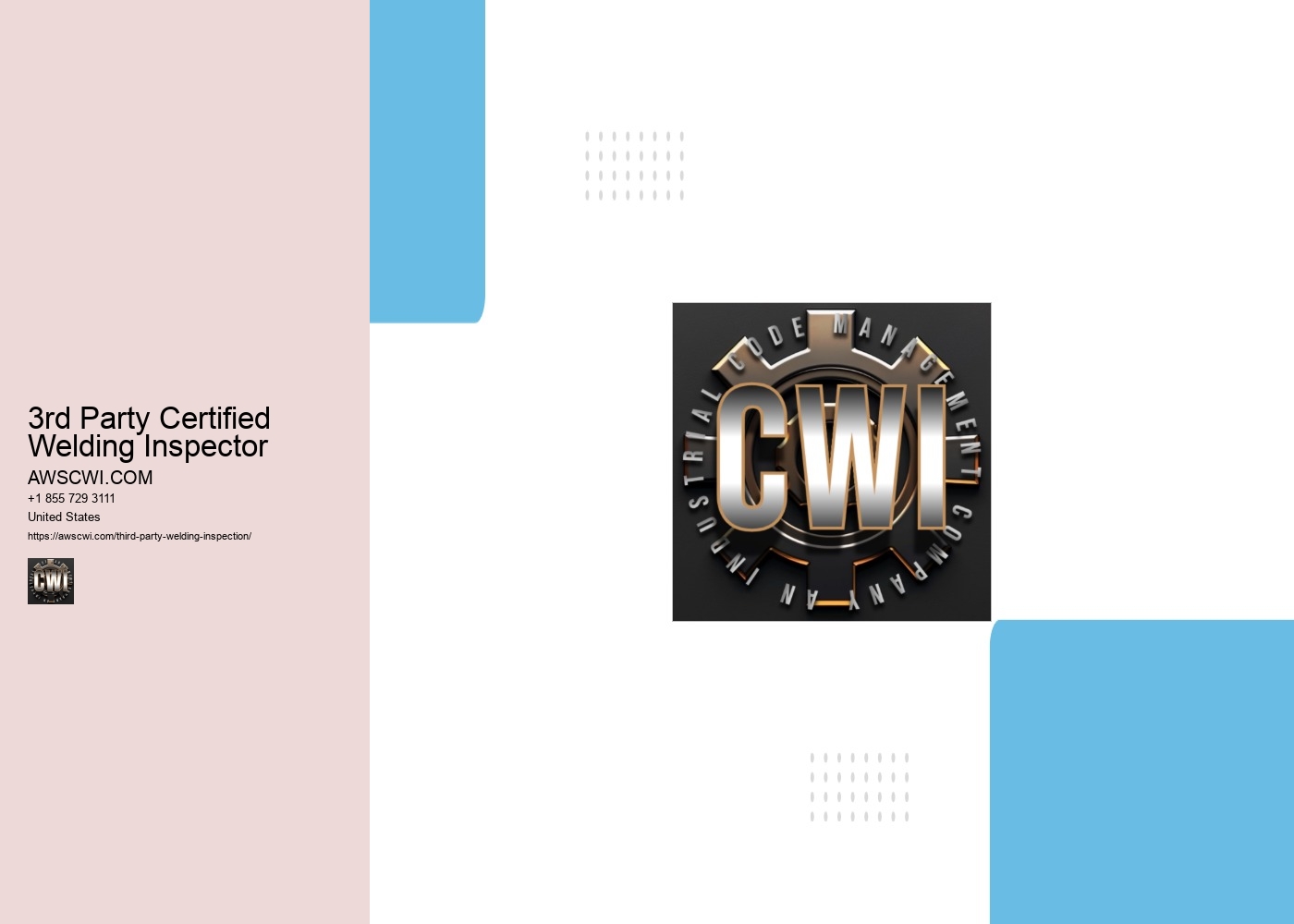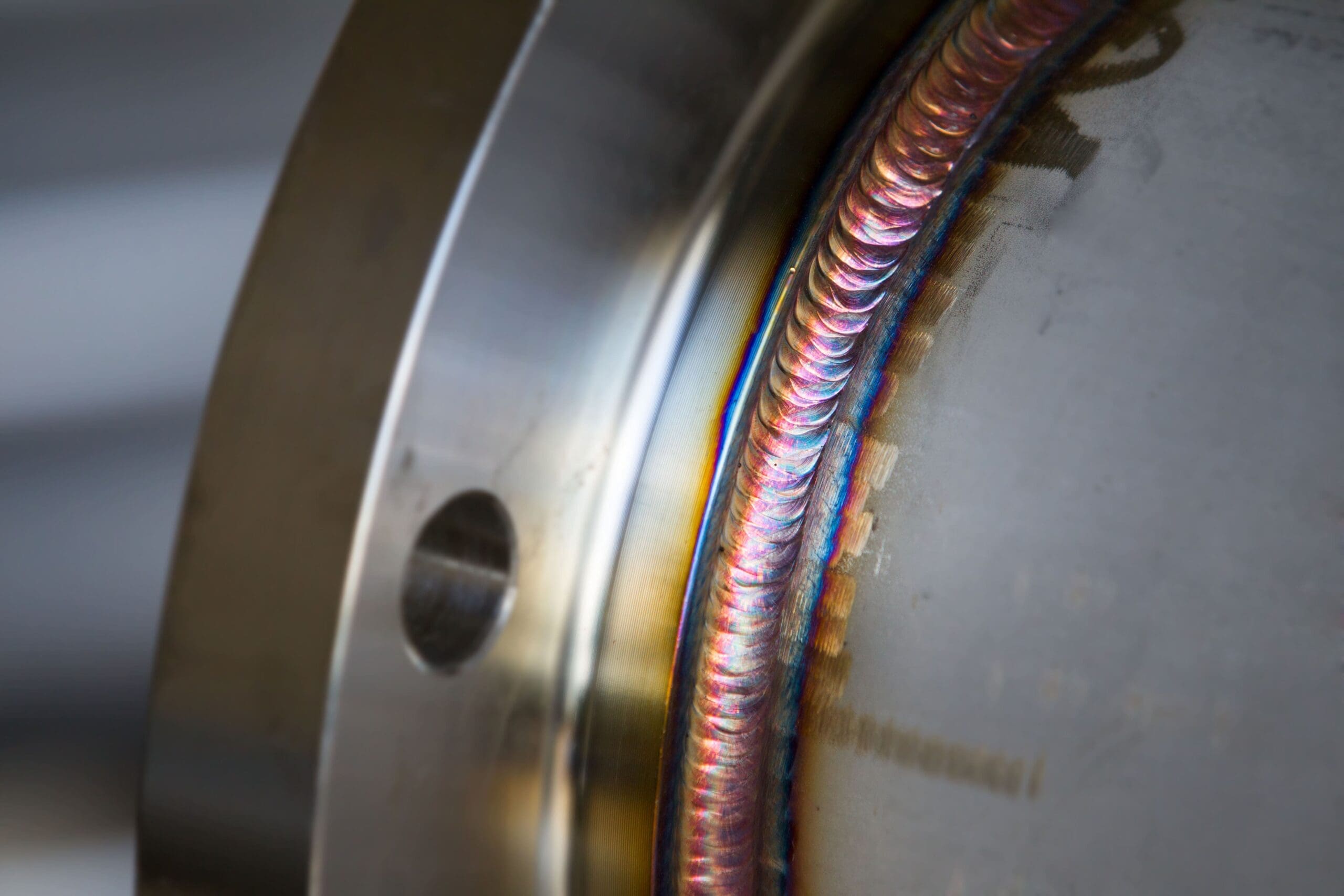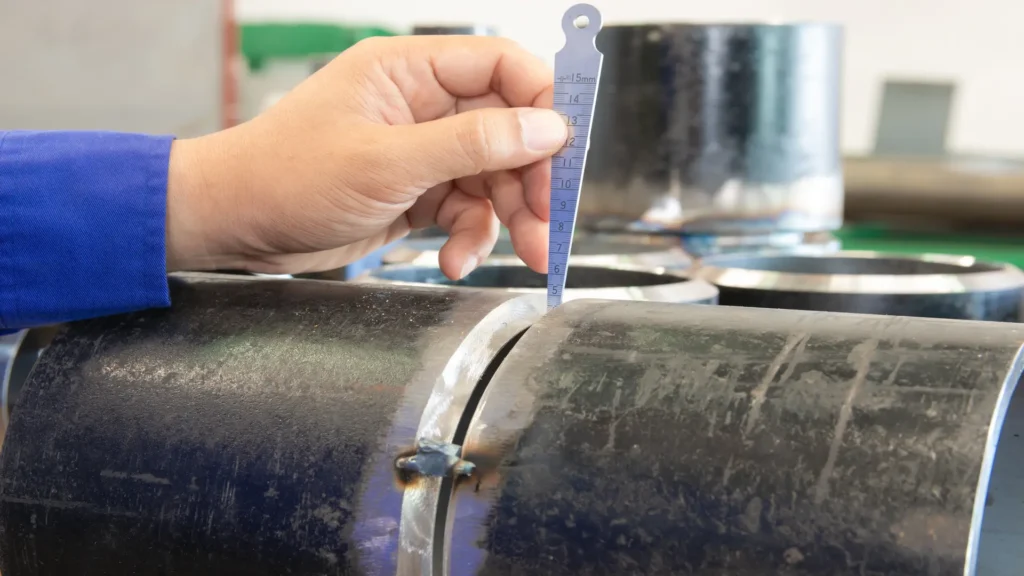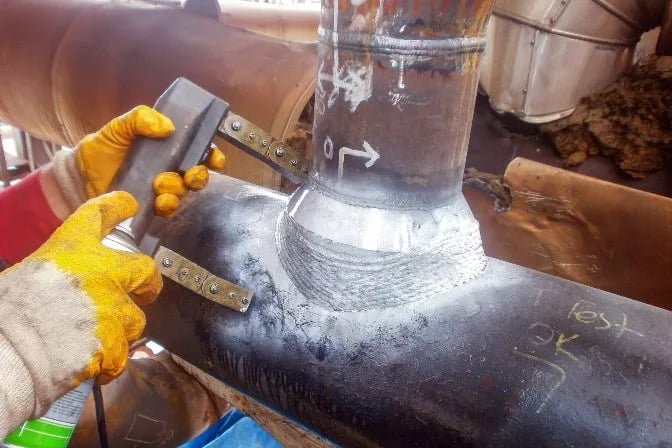

In the domain of construction and manufacturing, the integrity of welded joints is paramount to ensuring both safety and compliance with industry standards. Third-party welding inspections serve as a critical mechanism for quality assurance, providing impartial assessments that can uncover potential defects before they compromise a project.
These evaluations not only affirm adherence to established guidelines but also mitigate risks associated with costly rework and project delays.
Understanding the full scope of these benefits is essential for stakeholders who prioritize excellence and reliability in their operations. What implications could this have for your next project?
In the domain of welding, ensuring quality is paramount; it is a critical factor that influences the safety and longevity of structures and components. Quality assurance in welding encompasses a series of systematic processes designed to monitor and evaluate the welding operations, ensuring that they meet established standards and specifications.
A robust quality assurance framework involves meticulous planning, execution, and documentation of welding activities. This includes pre-weld inspections, adherence to welding procedures, and post-weld evaluations.
Moreover, fostering a culture of quality within welding operations enhances worker accountability and promotes adherence to best practices. When quality assurance is prioritized, it instills confidence among stakeholders, including clients and regulatory bodies, that the work performed meets the highest standards.
Engaging third-party inspections in welding operations offers a multitude of advantages that enhance the overall quality assurance process. One of the primary benefits is the objectivity that an independent inspector brings to the evaluation.
Additionally, third-party inspections can uncover potential issues that may be overlooked by internal teams, thereby mitigating risks associated with weld integrity. Moreover, employing third-party inspectors can serve to bolster client confidence in the quality of the welding work being performed.
Furthermore, third-party inspections can provide valuable insights and recommendations for process improvements. By leveraging their expertise, organizations can refine their welding procedures, leading to enhanced efficiency and reduced operational costs.

Ensuring compliance with industry standards is a fundamental aspect of welding operations that directly impacts quality and safety. Compliance with established standards, such as those set by the American Welding Society (AWS) or the International Organization for Standardization, is essential for maintaining the integrity of welded structures.
Third-party welding inspections serve as an independent verification mechanism, ensuring that all welding activities adhere to these rigorous industry standards. By engaging qualified inspectors, organizations can identify potential non-conformities before they escalate into significant issues, thereby safeguarding the overall quality of the work.
In addition, compliance is not merely a matter of meeting technical requirements. By prioritizing adherence to industry standards through third-party inspections, companies can create a culture of quality and responsibility that permeates their welding operations, ultimately leading to better outcomes and heightened accountability.
Reducing risks and liabilities in welding operations is essential for maintaining project integrity and protecting both workers and stakeholders. The nature of welding involves numerous hazards, including exposure to toxic fumes, burns, and potential structural failures.
Third-party inspectors bring specialized expertise that guarantees adherence to industry standards and regulatory requirements. Their thorough evaluations help identify potential defects and non-conformities early in the process, preventing costly rework and project delays.
The financial implications of welding failures can be substantial, leading to expensive repairs, legal liabilities, and reputational damage. By investing in third-party inspection, companies not only safeguard their projects but also contribute to a culture of safety and accountability.

While effective communication and transparency are essential components of any successful project, the implementation of third-party welding inspection services greatly enhances client trust and satisfaction. Clients often seek reassurance that their projects meet industry standards and regulatory requirements.
Third-party inspectors bring specialized expertise and experience, ensuring that all welding processes comply with established codes and specifications. This level of diligence not only mitigates potential issues but also demonstrates a commitment to quality and safety.
Moreover, transparent reporting from third-party inspectors fosters open dialogue between contractors and clients. This proactive approach to communication strengthens the client-contractor relationship, ultimately leading to higher satisfaction levels and repeat business.
Selecting the appropriate third-party welding inspection service is vital for maintaining quality and compliance in welding projects. The right inspection service not only guarantees adherence to industry standards but also enhances the overall integrity of the welding process.
When choosing an inspection service, consider their accreditation and experience in the field. Verify that the inspectors are certified and possess relevant qualifications, such as certification from the American Welding Society (AWS) or equivalent organizations.
Additionally, evaluate the service's reputation and customer reviews. A company with a proven track record of reliability and excellence in inspection services is more likely to meet your expectations. Their ability to provide detailed reports and clear communication is also essential, as it keeps all stakeholders informed and aligned.

Choosing a reliable third-party welding inspector involves several key considerations. First, verify the inspector's qualifications and certifications, ensuring they are recognized by relevant industry standards. Evaluate their experience in your specific type of welding and projects. Request references and review past inspection reports to assess their thoroughness and professionalism. Additionally, consider their reputation within the industry, as feedback from previous clients can provide valuable insights into their reliability and quality of service.
Third-party inspections are not universally mandated by law for all projects; however, their necessity often depends on specific industry regulations, project size, and complexity. Certain sectors, such as construction and manufacturing, may require third-party inspections to guarantee compliance with safety standards and quality assurance. Clients should consult relevant codes, regulations, and contractual obligations to determine the necessity of third-party inspections for their specific projects, as requirements can vary greatly by location and industry.
Third-party inspectors typically focus on evaluating and verifying the quality and compliance of welding work rather than performing the repairs themselves. Their primary role is to provide objective assessments and guarantee adherence to industry standards. However, some inspectors may possess the necessary qualifications to conduct repairs, depending on their expertise and certifications. It is essential to confirm their capabilities and adherence to regulatory guidelines before engaging them for any welding repair work.